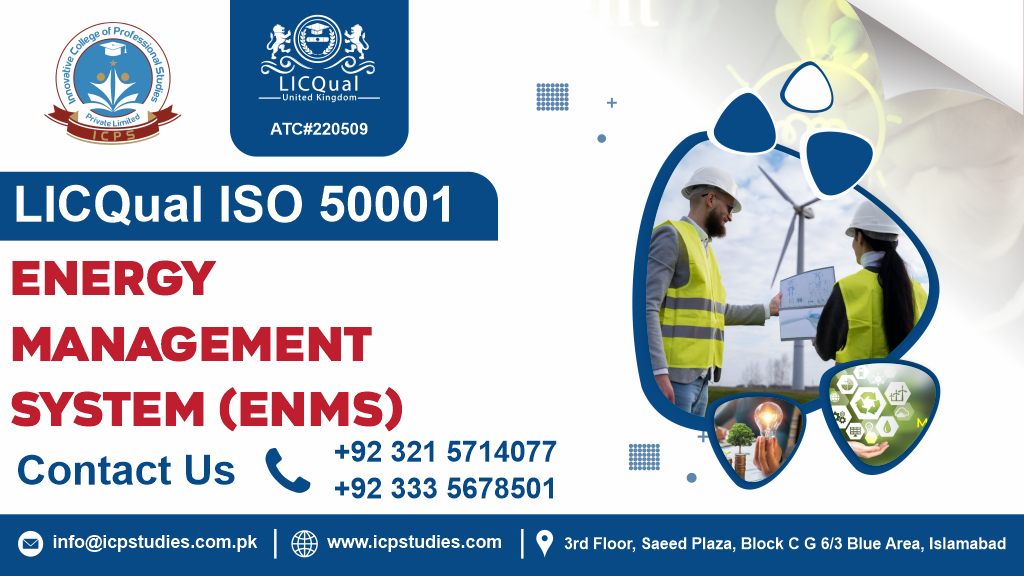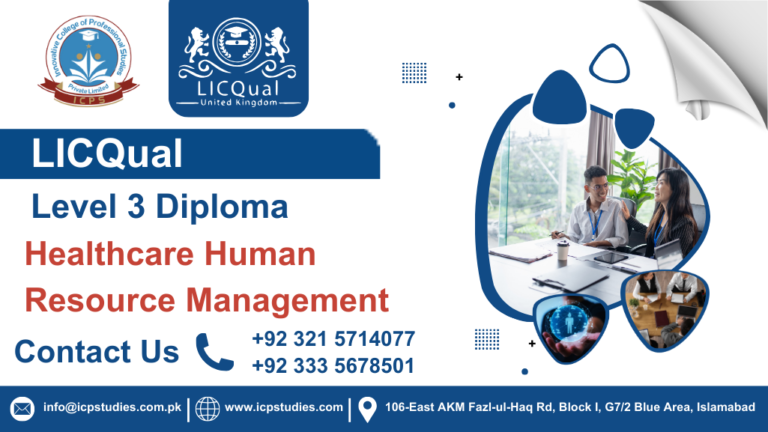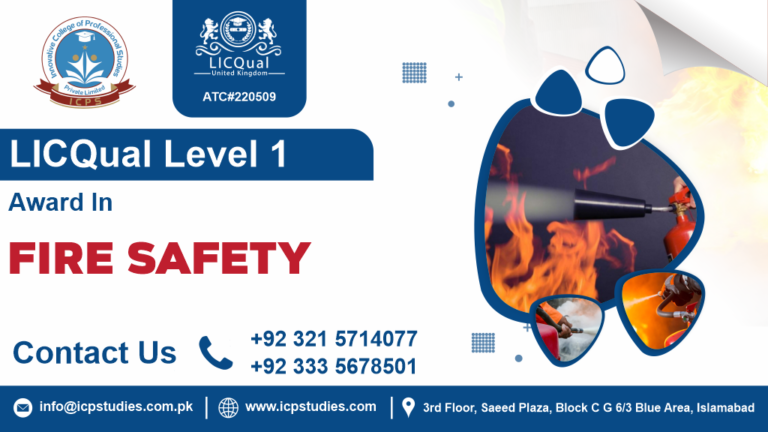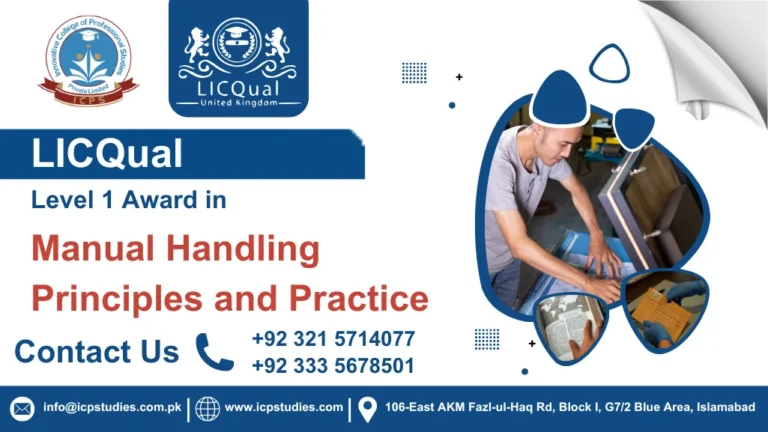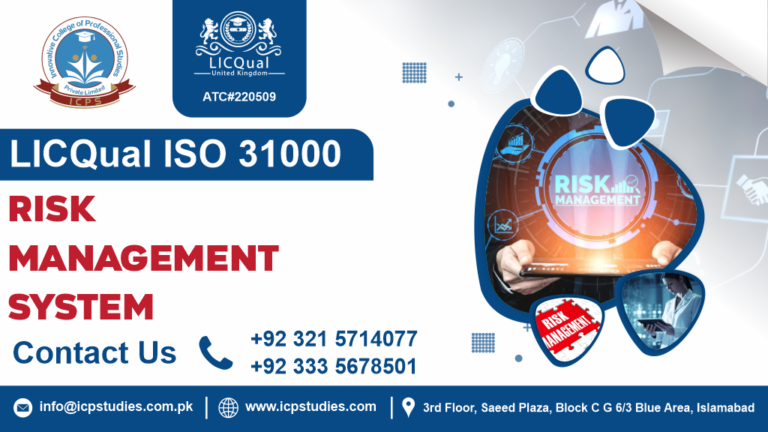In today’s world, where energy efficiency and sustainability are paramount, organizations are increasingly turning to structured frameworks to manage their energy consumption and reduce their carbon footprint. One such framework is the ISO 50001 Energy Management System (EnMS). This international standard provides organizations with a systematic approach to managing energy, improving efficiency, and reducing costs. But what exactly is ISO 50001, and how can it benefit your organization? Let’s delve into the details.
ISO 50001 is an international standard designed to help organizations establish, implement, maintain, and improve an energy management system. It provides a structured framework for managing energy use and efficiency, similar to other management system standards like ISO 9001 (Quality Management) and ISO 14001 (Environmental Management). The standard aims to help organizations continually improve their energy performance, which in turn supports their overall sustainability goals.
ISO 50001 Energy Management System (EnMS) offers a comprehensive framework for organizations looking to improve their energy efficiency, reduce costs, and support environmental sustainability. By implementing ISO 50001, organizations can not only achieve significant operational and financial benefits but also contribute to broader sustainability goals and regulatory compliance. As the world continues to prioritize energy efficiency and environmental stewardship, ISO 50001 stands out as a vital tool for any organization committed to making a positive impact.
All About ISO 50001 Energy Management System (EnMS) internal Auditor
Course Overview
An ISO 50001 Energy Management System (EnMS) Internal Auditor is a specialized professional responsible for evaluating and ensuring the effectiveness of an organization’s energy management system in accordance with the ISO 50001 standard. This role is crucial for organizations seeking to optimize energy performance, reduce energy consumption, and achieve sustainability goals.
An ISO 50001 Energy Management System (EnMS) Internal Auditor plays a crucial role in helping organizations manage their energy resources effectively and in compliance with ISO 50001 standards. By conducting thorough internal audits, assessing compliance, recommending improvements, and engaging with stakeholders, internal auditors ensure that energy management practices are optimized and continuously improved. This role is essential for achieving energy efficiency, reducing costs, and supporting sustainability goals within the organization.
Study Units
- Introduction to ISO 50001
- Energy Management Principles
- Energy Policy and Objectives
- Energy Review and Baseline Establishment
- Energy Performance Improvement
- Internal Audit Techniques
- Documentation and Record-Keeping
- Continuous Improvement
- Educational Background: A degree or equivalent qualification in engineering, environmental science, energy management, or a related field.
- Professional Experience: Relevant work experience in energy management, sustainability, or related fields, usually ranging from one to three years.
- Familiarity with ISO Standards: Basic understanding of ISO 50001 and other related energy management standards is beneficial.
- Knowledge of Energy Management: Awareness of energy efficiency practices, energy audits, and relevant regulations.
- Audit Principles: Basic knowledge of auditing principles and methodologies is advantageous.
- Communication Skills: Strong verbal and written communication skills for effective documentation and reporting.
- Commitment to Learning: Willingness to engage in course materials and participate in practical assessments.
As specific requirements may vary by provider, it’s a good idea to check the details of the course you are interested in.
The LICQual ISO 50001 Energy Management System (EnMS) Internal Auditor course is designed for:
- Internal Auditors: Professionals conducting audits of energy management systems within organizations.
- Energy Managers: Individuals responsible for developing and implementing energy management strategies.
- Sustainability Professionals: Those focused on improving energy efficiency and reducing environmental impact.
- Quality Assurance Personnel: Experts involved in maintaining compliance with ISO standards and improving operational performance.
- Facility Managers: Individuals overseeing energy use and sustainability initiatives within buildings and operations.
- Consultants: Professionals advising organizations on energy management practices and compliance.
Overall, the course is suitable for anyone involved in the planning, implementation, or auditing of energy management systems.
Learning Outcome
Introduction to ISO 50001
- Understand the Standard: Describe the scope, objectives, and key elements of the ISO 50001 standard for energy management.
- Framework Overview: Explain how ISO 50001 fits within the broader context of management systems and its relationship with other standards like ISO 9001 and ISO 14001.
- Implementation Basics: Identify the steps required to establish and implement an energy management system in accordance with ISO 50001.
- Compliance Assessment: Assess the organization’s energy management practices and determine their alignment with ISO 50001 requirements.
Energy Management Principles
- Fundamental Concepts: Explain the core principles of energy management, including energy efficiency, conservation, and optimization.
- Energy Management Benefits: Identify the benefits of effective energy management, such as cost savings, reduced environmental impact, and improved operational performance.
- Strategic Planning: Understand how to integrate energy management principles into organizational strategy and operations.
- Best Practices: Apply best practices for energy management to enhance organizational performance and sustainability.
Energy Policy and Objectives
- Policy Development: Develop an energy policy that aligns with ISO 50001 requirements and reflects the organization’s commitment to energy management.
- Objective Setting: Establish clear, measurable energy objectives and targets that support the energy policy and drive performance improvement.
- Alignment and Integration: Ensure that the energy policy and objectives are integrated with the organization’s overall strategic goals and operational practices.
- Communication: Effectively communicate the energy policy and objectives to all relevant stakeholders within the organization.
Energy Review and Baseline Establishment
- Energy Review Process: Conduct a comprehensive energy review to identify significant energy uses, assess current energy performance, and establish baselines.
- Data Collection: Collect and analyze energy consumption data to understand patterns and identify areas for improvement.
- Baseline Establishment: Establish energy baselines against which future performance can be measured and evaluated.
- Opportunities for Improvement: Identify opportunities for improving energy performance based on the review and baseline data.
Energy Performance Improvement
- Improvement Strategies: Develop and implement strategies to enhance energy performance, including energy-saving initiatives and efficiency measures.
- Performance Monitoring: Monitor and measure energy performance to assess the effectiveness of improvement actions and ensure they meet objectives.
- Technology and Innovation: Explore and apply new technologies and innovative practices to further improve energy efficiency.
- Case Studies: Analyze real-world case studies to understand successful energy performance improvement initiatives and their outcomes.
Internal Audit Techniques
- Audit Planning: Develop a detailed audit plan that defines the scope, objectives, and criteria for evaluating the energy management system.
- Audit Execution: Conduct internal audits using established techniques, including interviewing personnel, reviewing documentation, and observing processes.
- Evidence Collection: Collect and analyze evidence to assess the effectiveness of energy management practices and compliance with ISO 50001.
- Reporting and Follow-Up: Prepare and present audit reports that include findings, non-conformities, and recommendations for corrective actions. Follow up on implementation and resolution of audit findings.
Documentation and Record-Keeping
- Documentation Requirements: Understand the documentation requirements of ISO 50001, including policies, procedures, and records necessary for effective energy management.
- Record Management: Develop skills in creating, maintaining, and managing records to support the energy management system and demonstrate compliance.
- Best Practices: Apply best practices for documentation to ensure accuracy, accessibility, and completeness of records.
- Review and Update: Establish processes for the regular review and updating of documentation to reflect changes in procedures, practices, and standards.
Continuous Improvement
- Improvement Process: Understand the principles and practices of continuous improvement within the context of energy management.
- Performance Evaluation: Regularly evaluate energy performance and the effectiveness of the energy management system to identify areas for improvement.
- Feedback and Adaptation: Use feedback from audits, performance reviews, and stakeholder input to drive improvements and adapt the energy management system as needed.
- Sustaining Improvements: Develop strategies to sustain improvements and ensure ongoing progress in energy performance.
These learning outcomes ensure that participants gain comprehensive knowledge and skills necessary to effectively audit and enhance energy management systems in accordance with ISO 50001 standards.
FAQs about ISO 50001 Energy Management System (EnMS) internal Auditor

